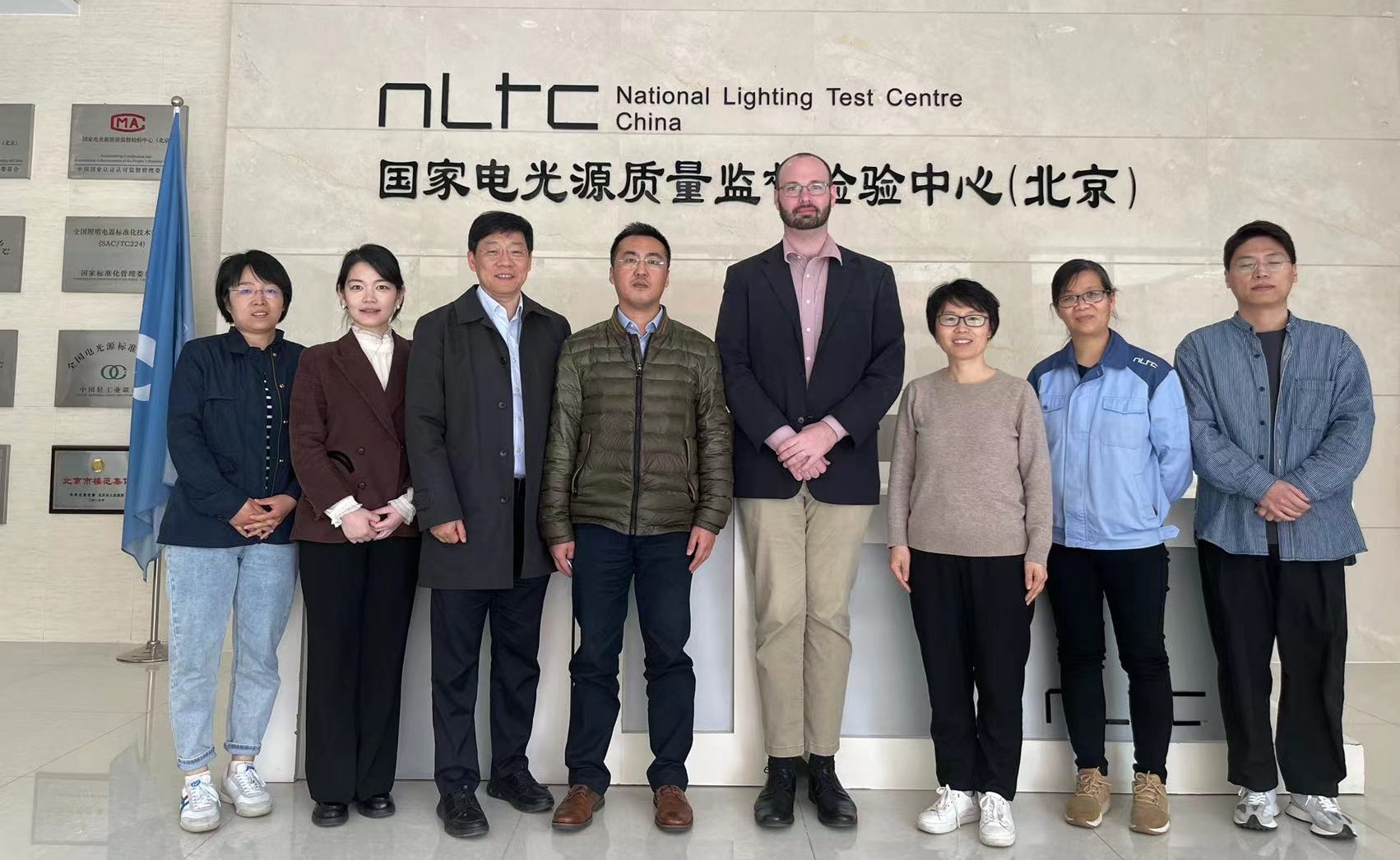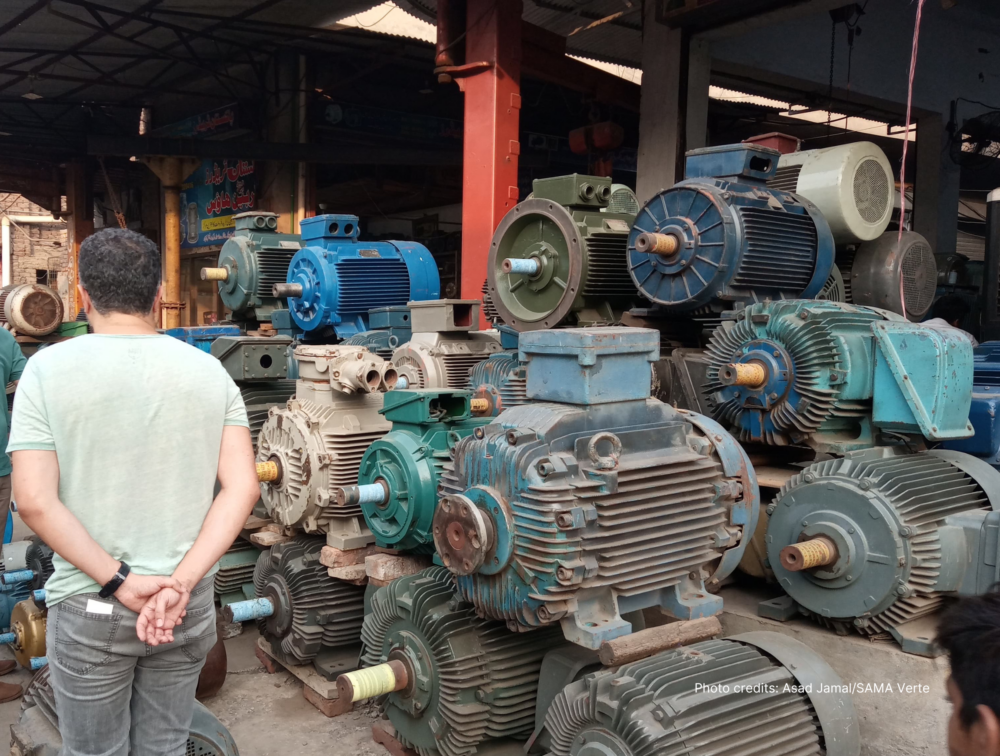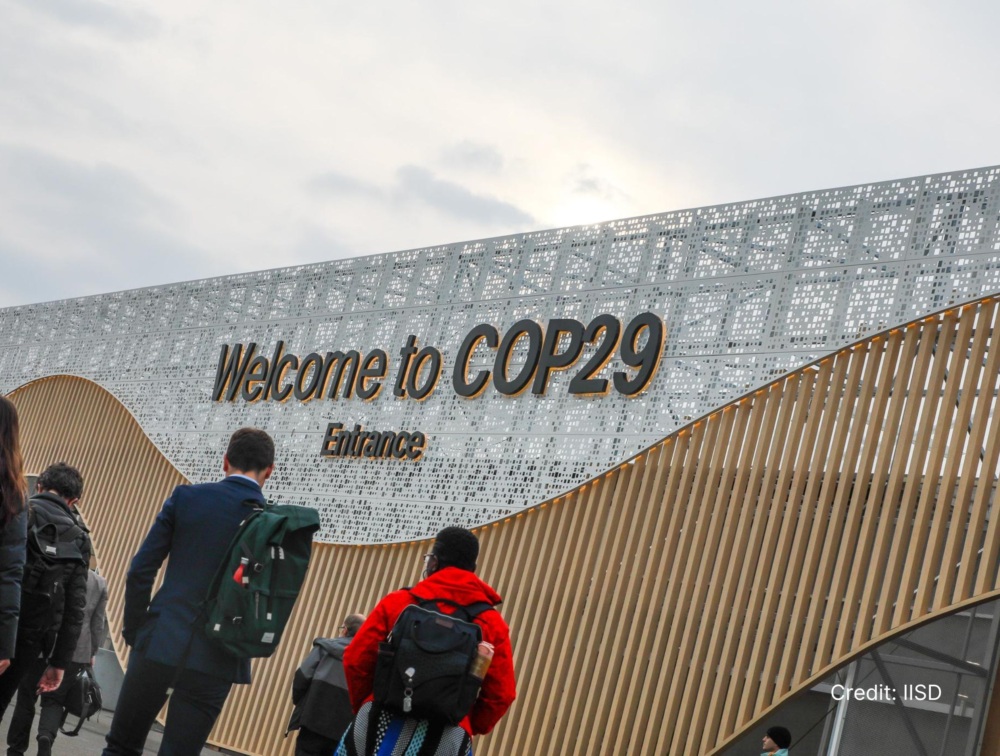Results from China’s Energy Efficiency Program Encourage Further Progress
Evidence of China’s successful energy efficiency policies encourages CLASP to continue raising ambition through collaboration with industry and government.
Over the past decade, China has made significant progress implementing mandatory energy efficiency policies. According to the IEA, energy efficiency standards decreased expected energy use in China by 20% in 2018. Since the announcement of CLASP’s official partnership with China National Institute of Standardization (CNIS) last July, three of our research reports have shown that strong energy efficiency policies have enormous potential to mitigate CO2 emissions and reduce energy costs in the world’s largest emitter.
In our most recent report, China’s MEPS Lead to Major AC Market Transformation, evidence demonstrates the success of such policies and serves as a case study for other countries, as well as China itself, to keep pushing for better standards. Room air conditioner (RAC) use in China is soaring, along with the percentage of efficient models on the market. This unprecedented market transformation, in just two years, is thanks to a timely update to China’s RAC efficiency levels.
In just two years, highly efficient ACs with variable speed technology went from 60% to 98% of the Chinese market.
Sustained partnership with government and industry is necessary to ensure China does not stagnate, but rather continues to achieve higher levels of efficiency for high-emitting appliances. The study found that the energy efficiency of cooling products can still improve by 30-50%.
The benefits of China’s standards are global. As the world’s largest exporter of RAC units, domestic policies can raise efficiency levels for dozens of other countries, potentially lowering energy costs for billions of people. China also has the opportunity to incorporate stricter requirements for refrigerant efficiency, the main cause of direct emissions from RACs.
These findings align with IEA’s Efficient World Scenario analysis that advises MEPS remain a central energy efficiency policy for China. To discuss China’s commitments and better understand progress, CLASP recently visited CNIS and several industry leaders, including National Lighting Test Center (NLTC), China Heat Pump Association (CHPA) and Vkan Certification and Verification Center (CVC), and attended the 34th China Refrigeration Expo in Shanghai.

CLASP and Chinese partners agreed to continue prioritizing the development and revision of minimum energy performance standards (MEPS) for key products – cooling and refrigeration, water heaters, LED lighting, heat pump heating equipment, among others. We also will continue facilitating international knowledge exchanges to support other countries’ testing capabilities and policy processes, using lessons learned in China to realize policy breakthroughs around the world.
“CLASP will continue working with the National Development and Reform Commission and State Administration for Market Regulation to officially launch the 2023-2024 work plan,” says Steven Zeng, China Program Lead. “The plan includes developing policies that will reduce energy consumption by a cumulative 10,000 TWh by 2050. That translates to a 3.8 Gt reduction in CO₂ emissions, equivalent to China’s annual emissions from industry, transportation, agricultural, buildings, and fugitive emissions. Long-term, the China program hopes to become the global leader and role model for product energy efficiency policies.”









